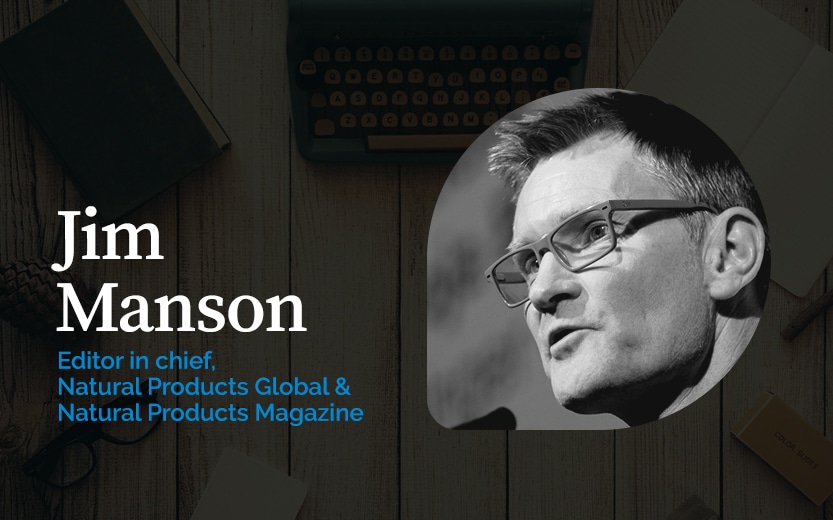In 2002 the pro-GM Labour Government held a national debate to test public opinion on GM food. When the findings of the GM Nation? debate were published it was clear that the British public comprehensively rejected the technology.
In fact, only 2% of the 30,000 people who took part in the GM Nation? consultation said they would be happy with GM foods in any circumstances. A staggering 93% thought that GM technology was “driven by profit rather than the public good”.
That second finding seems even more striking now, given that ‘the public good’ (and/or ‘feeding the world’) is routinely invoked by both the biotech industry and ministers who back GM. There seems little chance of a fresh public consultation on GM as Owen Paterson continues his headlong rush to sign Britain up to a scheme that will enable pro-GM EU states (that’s us!) to fast-track commercial cultivation of GM crops (see story on the right).
I think we must assume that Paterson, who last year called opponents of GM technology “wicked”, is by any measure incapable of objective judgement on the issue. Which made it all the more disturbing to hear the government’s chief scientist Sir Mark Walport’s platitudinous interview on the Today programme last month. “We need to be able to feed the world” and “we all want to use less pesticides” intoned Walport – each phrase a by now familiar rhetorical device to imbue GM with reasonableness.
Why wasn’t Walport challenged on these points? What about the US Government’s own data that shows that the quick adoption of GM crops in America has increased herbicide use in the past nine years (USDA data shows total volumes of glyphosate applied to the three biggest GM crops in the US – maize, cotton and soybean – have increased tenfold). Or the two major UN reports, compiled by 60 leading scientists, that argue powerfully that GM monoculture is an obstacle to feeding the world and that urgent support is needed for more resilient natural and organic farming systems. Or the fact that ‘public good’ GM crop varieties have formed only a tiny minority of GM crop developments to date?
The Today presenter Justin Webb came across as inadequately briefed on the subject and, frankly, a bit bored by it. To hear such a soft interview by one of the BBC’s most tough-minded journalists was depressing. GM opponents – and anyone in this industry who is proud to produce GM-free products – will need to fight harder than ever to keep the GM debate alive and urgent. A political and philosophical vacuum now would provide the perfect conditions for the biotech industry to get entirely its own way.
 By Jim Manson
By Jim Manson
Natural Products editor and environment journalist
Jim Manson is editor of Natural Products magazine. He’s written widely on environment and development issues for specialist magazines and national media, including the Financial Times, The Guardian and Time Out.











